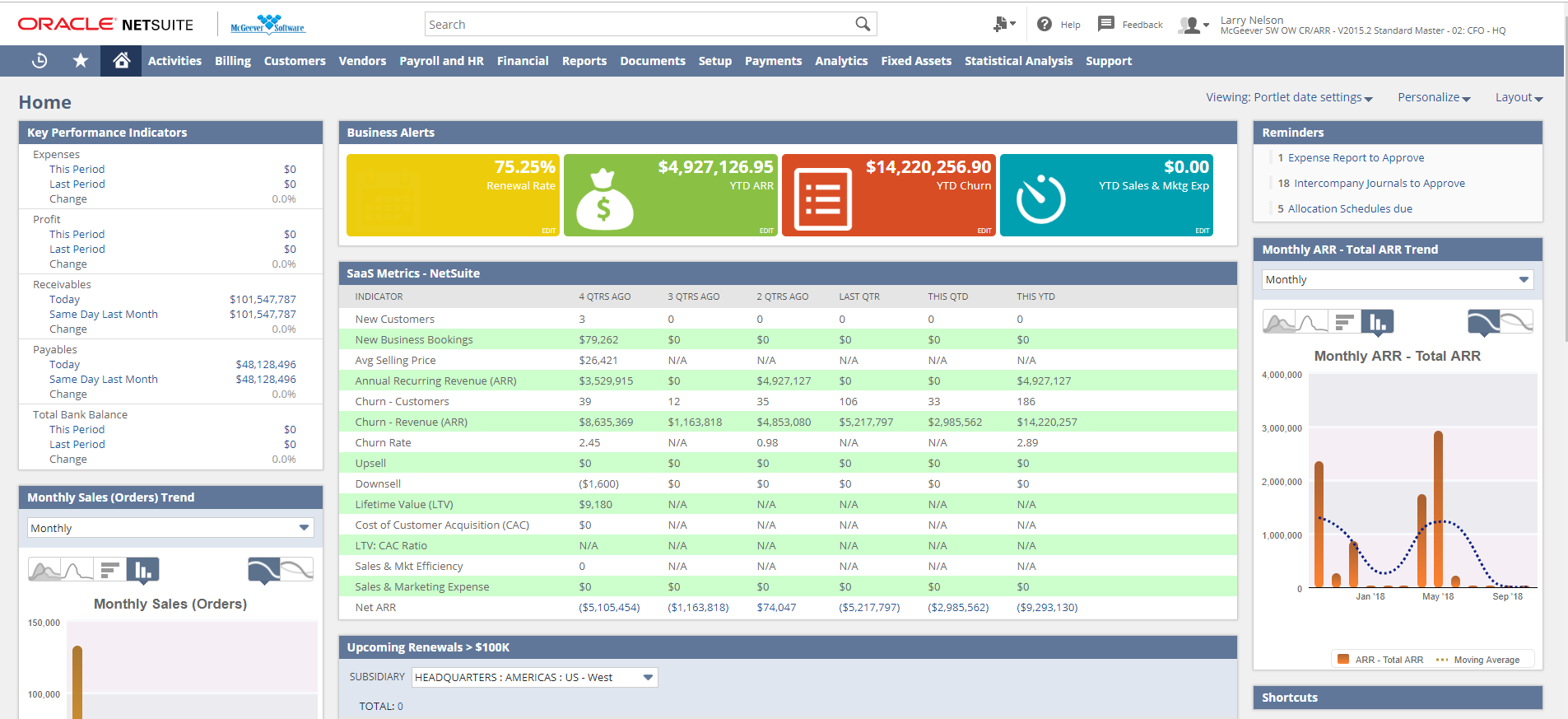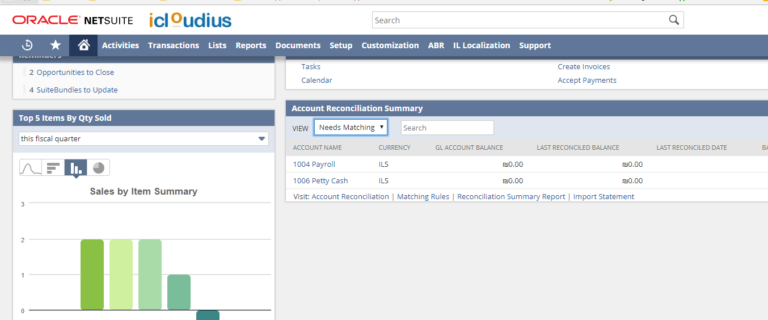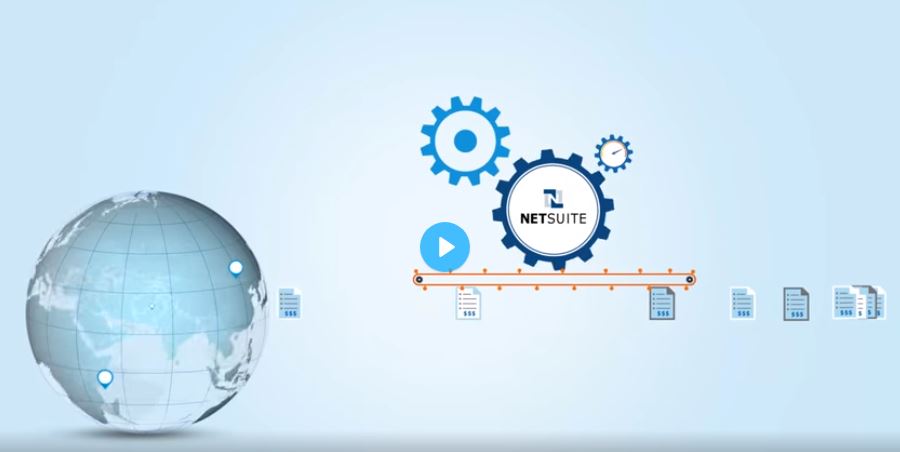Improving Customer Experience – Post Pandemic Key Success Factor
Covid-19 has changed our life and the way we do things in many aspects. We shop, work and do business differently but we’re still figuring out how this transformation is translated to the business part of our live.
Why customer support is so important?
No matter how you see these changes, customer relationships remain crucial for success. During the last 2 years organizations that put customer support as their top priority grew dramatically. However, customer support is only one part of the whole customer journey and therefore it’s important to refer and give the best solution to every part or touchpoint of this journey.
How is customer service changing these days?
From a financial point of view, customer service that was a cost center became a major growth driver. When isolation became a routine the human contact importance grew up. Customer service quality and experience influence directly the impression a company or a brand leaves and it became to be crucial on company’s growth and revenues. If you show a weakness even in one part of the customer experience process, it may affect your revenues since it’s very easy to switch online to another competitor brand…
What about our customers’ new expectations?
The pandemic made customers’ expectations higher: they expect to have a quick, convenient interaction with the company they make business with. One of the major expectations is to have an available support around the clock. Messaging platforms like WhatApp and Facebook are the key channels enabling such interaction. Nearly a third of customers messaged a company for the first time in 2020, and 74% say they will continue to do so.
How can you step up to provide these expectations?
So you need a tool to manage these messaging platforms. Such customer support software that control this messaging enable sales team to handle multiple tickets at once, while saving customers time on the phone and improving customer experience. In addition, for simple questions that do not require conversation, chatbots can save time for both customers and sales team.
Human connection is still very important in spite of the digital revolution. Customer service interactions by the human sales team are still the most effective for building customer trust and achieve brand loyalty.
Digital tools like chatbots create better results for improved customer experience but human interactions providing a level of empathy for technical issues customers facing that chatbots can’t. Chatbots are great for frequently asked questions, but human agents provide kind responses to more comprehensive or complex inquiries and make customers feel that they are being heard and served. By combining digital tools with human representatives, you enable your team to quickly respond to changing customer demands and expectations.
How can you keep personalize interactions with large amount of customers?
75% of consumers are more likely to purchase from companies which know their name and offer them products based on their behavior and their purchase history. Customers want the whole package: convenience, speed, and personalization. Although having it all seems impossible, there are methods to succeed to reply quickly to a large number of customers with a personalized approach. One major tool you can utilize to achieve this goal is customer service software like Zendesk which is one of iCloudius’ cloud solutions.











 In recent years organizations are subject to a growing number of compliance regulations, large rises in information storage capacity and the big amount of data and documents being generated. This degree of growth is not expected to slow down – International Data Corporation (IDC) predicts the amount of information generated will increase 10-fold by 2025. This large amount of data from ERP systems, CRM systems, and general business documents is often referred to as big data and it makes DM almost a must.
In recent years organizations are subject to a growing number of compliance regulations, large rises in information storage capacity and the big amount of data and documents being generated. This degree of growth is not expected to slow down – International Data Corporation (IDC) predicts the amount of information generated will increase 10-fold by 2025. This large amount of data from ERP systems, CRM systems, and general business documents is often referred to as big data and it makes DM almost a must.
















